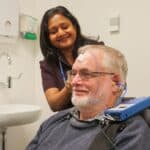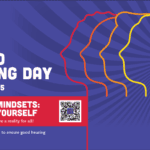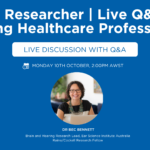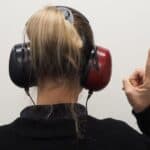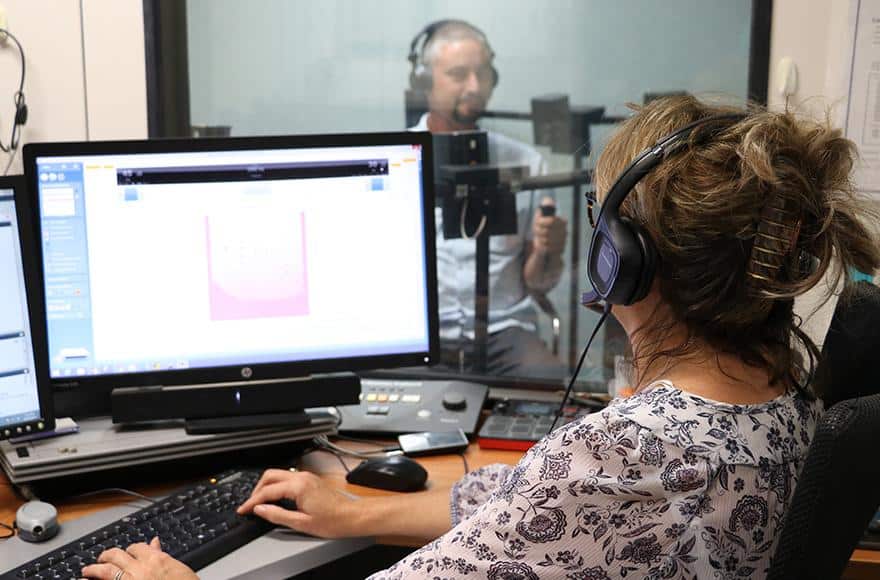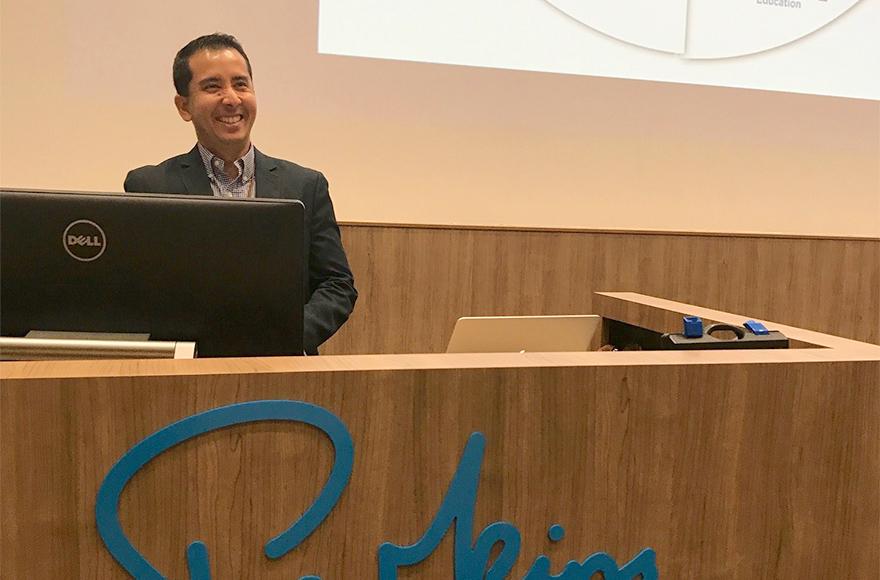Ear Science Institute Australia hosted its first student training day for 2019 in March, training 100 future doctors to better support patients with hearing loss.
As part of the dedicated Ear and Hearing Training Day, the University of Notre Dame Australia medical students completed seven in-depth sessions, learning practical skills for diagnosis and treatment of a variety of Ear, Nose and Throat (ENT) conditions.
Leaving no one behind
Our Community and Education Project Officer, Emma Ireland, says regardless of the students’ future speciality, good communication with all patients is vital.
“One of the biggest challenges for particularly elderly patients can be communication. Such a large proportion of our population experiences hearing loss, so for doctors to have a good understanding of hearing loss, to know what to look for, to know communication techniques and what support can be available… it’s really important for doctors to have that grounding.
Universities recognise that, which is why they’re devoting time in their very crowded curriculum to prioritise this for students.”
Hearing from a patient whose whole family has hearing loss
For many students, the most valuable part of the training day is meeting a patient with hearing loss – and learning how it affects their life, and how the best doctors have treated them.
“When talking to students, we communicate the pathology, the physiology, the anatomy – but we also need to bring the patient perspective to the table,” Emma said.
This year, students heard from Jody, a cochlear implant patient with a moving story. Jody’s children and parents have hearing loss in an interesting case of multigenerational hearing loss.
“For many of our students, Jody coming to share her story is the stand-out event of the whole training experience. Many of them comment on really appreciating hearing Jody talk and the way she’s able to articulate her experience as a patient, as a mother and as a daughter because of the multigenerational hearing loss in her family. She really helps the students to understand what a difference hearing loss makes in someone’s life.”
Hands-on, out-of-the-lecture-theatre learning
Ear Science has worked hard to make ear education days interactive and hands-on. In their feedback, students tell us that they love interacting with the equipment – task trainers (a mannequin head to practice examination techniques), ENT equipment, otoscopes, ear condition simulators – all pieces of equipment they will see in the future.
Students practice using nasal sprays on the mannequins, performing an otoscopy and taking ear swabs on each other, and looking into the simulators and seeing pathologies of different ears. It’s a more engaging way to learn and helps to cement the information they’ve been getting in a practical setting.
World-class speakers
“Our facilitators are amazing. We bring in internal and external facilitators – we have our own audiologists, but we also bring in ENT registrars, speech pathologists, and our own medical advisor, Dr Jafri Kuthubutheen. It’s a really high calibre of facilitators, which is appreciated by the students as well,” Emma said.
“Thank you so much for this opportunity. It was a great learning experience.” – student feedback
Many thanks to our presenters Dr Jafri Kuthubutheen, Dr Rob Eikelboom (Head of Research Management at Ear Science), Ms Jody Maitland (Ear Science patient), Ms Jordan Bishop and Mr Jim Thompson (Audiologist at Lions Hearing Clinic), Dr Allison Reid and Dr Thomas Hendriks (ENT Registrars at Fiona Stanley Hospital). Congratulations to Emma Ireland (Community and Education Project Officer at Ear Science) and Dr Jafri Kuthubutheen for running such a successful event.

